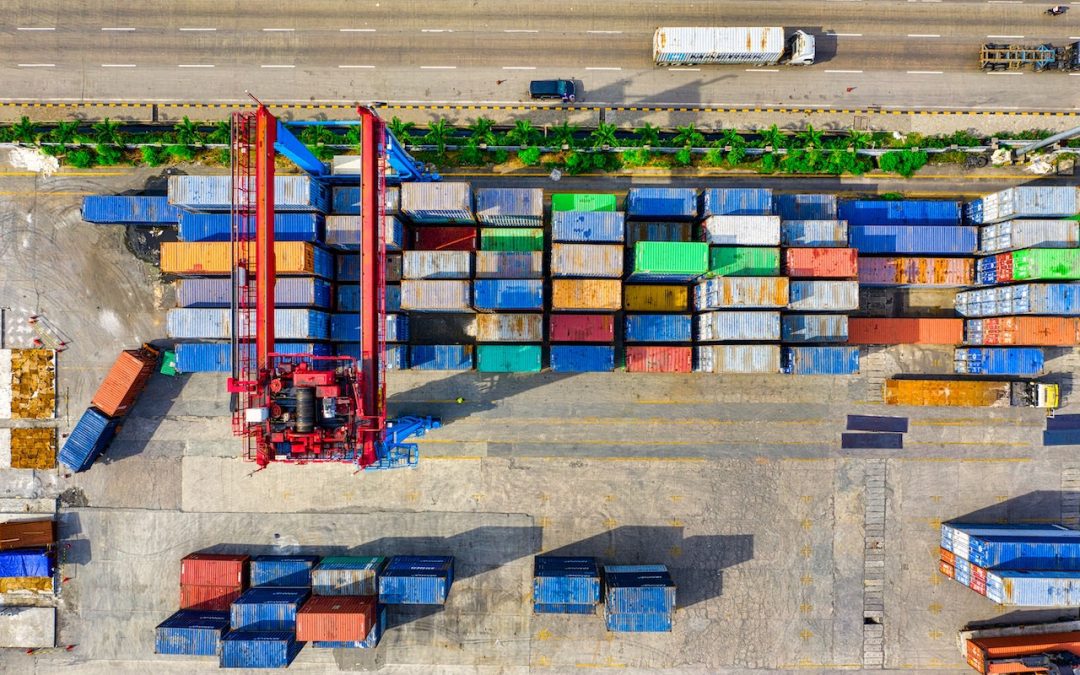If you import and export you need to know your customs declaration inside and out. The rules are precise, and mistakes can be costly.
Customs clearance is the process that all goods must go through before being imported and exported. You won’t be able to gain clearance in or out of a country without providing the correct declaration.
This blog will outline everything you need to know about customs declarations and how to get them right.
What Is A Customs Declaration & When Do I Need One?
In basic terms, a customs declaration is a legal document declaring the value and contents of whatever you’re importing or exporting.
Authorities in both the origin and destination countries use it to ensure trades are compliant and the right taxes and duties are paid. It’s required for all international trade of goods, including UK-EU imports and exports.
You might be eligible for a simplified declaration and you can find out here if you are.
You must remember that every country is different, so you’ll need to be compliant with every country that your goods travel through.
What Are Customs Duties?
Customs duty refers to the tax imposed on goods that are transported across international borders.
These rates, and the different procedures involved, vary according to the goods and the international agreement with that country.
All goods are charged customs duties if they’re either excise goods (products containing alcohol, tobacco or mineral oil) or worth more than £135.
If you’re charged customs duties, then you’ll pay it on both the price you paid for the goods and the postage, packaging and insurance.
As well as customs duties you may also have to pay import VAT when importing goods to the UK – this is currently at 20%.
How Do I Pay?
Imported goods are not released until you have paid duty and VAT. Once the duties and VAT are paid, your goods are released into free circulation.
It’s very easy to pay by bank transfer once you start your Customs Declaration Service payment online.
If you regularly import, then you can set up a deferment account with HMRC. This allows you to pay monthly retrospectively. You will need a bank guarantee to set up a deferment account.
Your appointed Customs Broker can also settle any outstanding amounts directly to HMRC on your behalf, and then you settle directly with the appointed broker on your agreed terms.
If you don’t need the imported goods straight away or you intend to re-export them, you can store them in an authorised customs warehouse. This way you don’t have to pay any import duty or VAT for as long as they’re being stored.
Rates & Relief
As well as using an authorised customs warehouse, there are other reliefs available.
Some examples are:
- Union Transit – duties and VAT on imported goods are suspended until the goods either reach their point of destination in the EU or are exported out of it.
- Temporary Admission – Goods that are temporarily imported for use on the basis that they will be exported in the same condition as they were imported.
- Inward Processing – Goods are imported to be processed and then exported.
- Onward Supply Relief – This delays import VAT when goods are going to be supplied to another EU member state.
- Outward Processing – Goods are exported to be repaired or processed outside the EU before being re-imported.
- Returned Goods Relief – Goods that were previously exported but have not been processed overseas. Commonly used if the customer rejects the goods.
- Low-Value Consignment Relief – Packages with a value below £15 are, in most cases, exempt from import VAT.
- End Use Relief – Allows a reduced or zero rate of customs duty on some goods when used for specific purposes and within a set time.
Other reliefs can be applied when importing goods for charities or exhibition use. For many of these relief processes, the importer must obtain prior authorisation from HMRC, so you will need to check your eligibility.
What Will I Need?
The information that you’ll need to know to make your customs declaration quick and efficient are:
- Your EORI number
- Invoices
- Relevant licenses or certificates
- Commodity codes
- Port of arrival or exit
What Can Go Wrong?
Customs officers have the right to seize your goods if any of the paperwork is incorrect. This often happens if HMRC disagrees about the correct duty to be imposed, or if your authorisation request is refused.
It is possible to challenge HMRC if you disagree with this and think that they’re mistaken, but you will have to go through their review process or the courts.
Using a reputable freight company is essential to prevent these kinds of problems, and Millennium Cargo can help you understand and prepare for every stage of the importation process.
Where Can I Get Help?
Importing and exporting can be very complex. You can manage all your declarations yourself, or you can appoint someone to do it for you, such as a freight forwarder or a customs agent/broker.
As well as contacting us at Millennium Cargo, the government has a lot of guidance on how to make export declarations and import declarations. You can also find a list of customs training providers if you decide to deal with customs declarations yourself.

